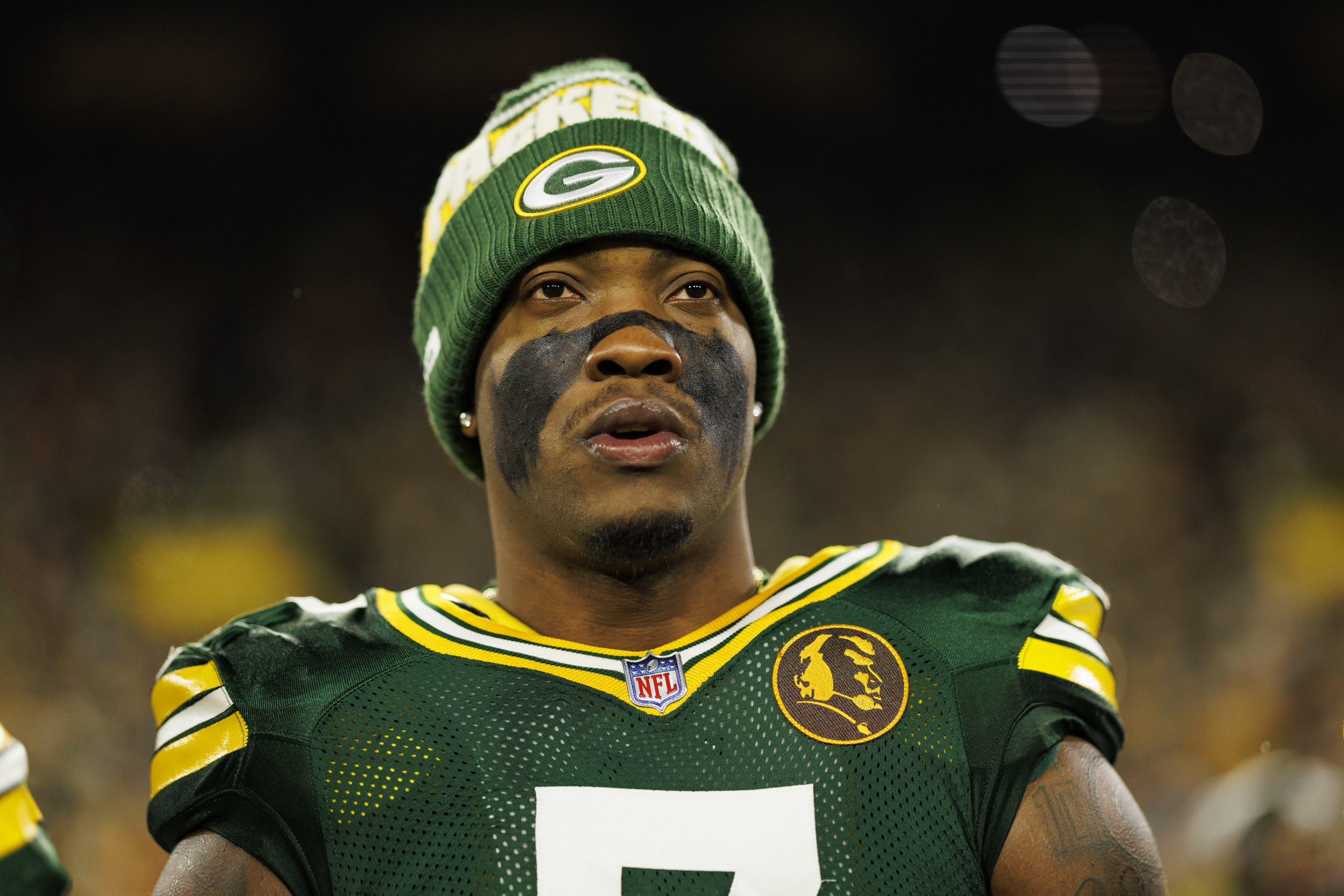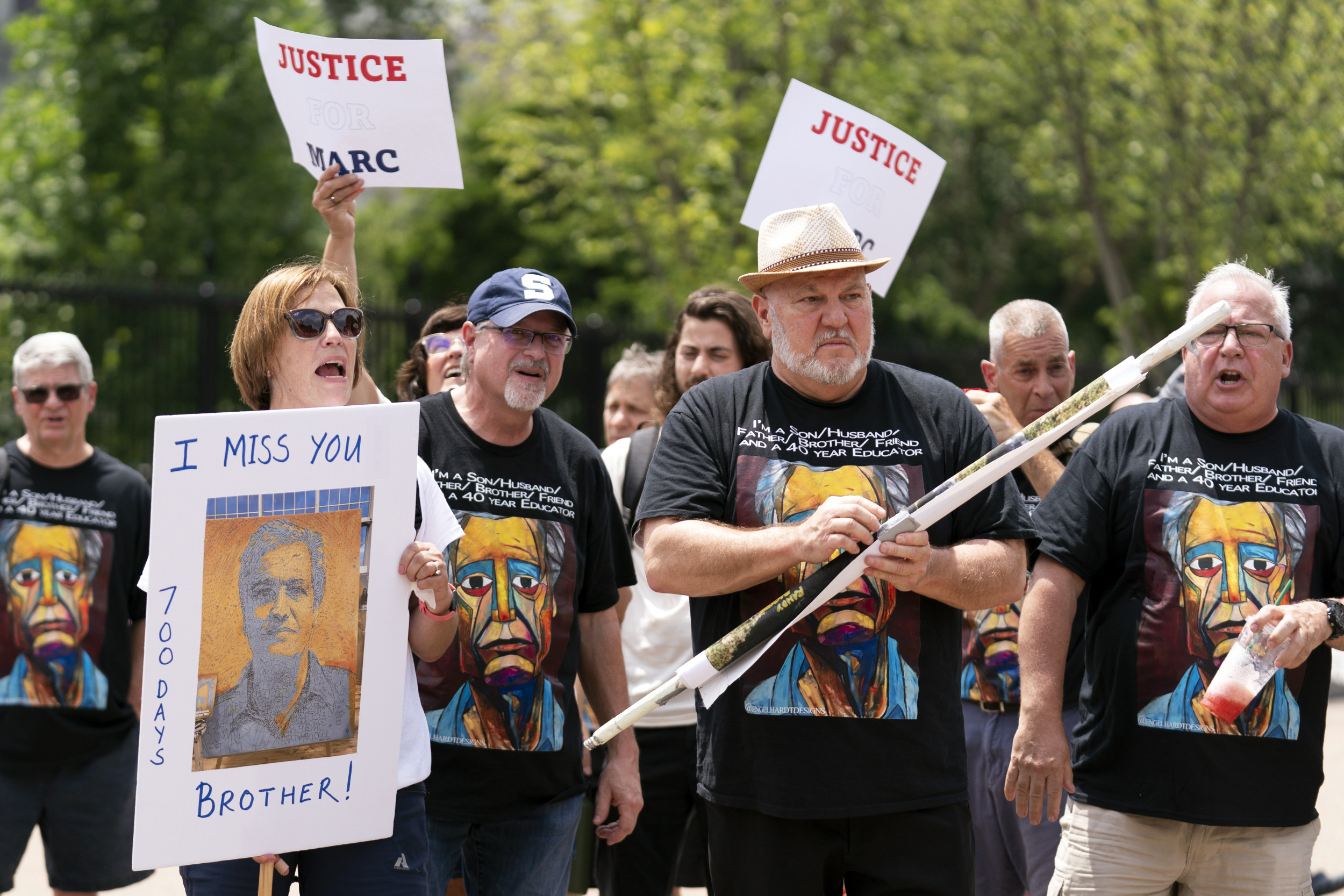President-elect Donald Trump is expected to tap Marco Rubio as his next secretary of state, a move likely to cause jitters in Beijing given the senator's long history as a China hawk.
Rubio's appointment might also create diplomatic awkwardness, as America's top diplomat will be expected to engage with Beijing, despite the travel ban it imposed on him over his criticisms of the Chinese Communist Party's actions in Xinjiang and Hong Kong.
"It would be a nightmare coming true if he got the job," Zhu Junwei, a former researcher in the People's Liberation Army and current director of American research at Beijing's Grandview Institution think tank, told the Australian Financial Review. "China has to consider what to do with the sanctions on him before being able to have any engagement with him."
Newsweek reached out to the Chinese Foreign Ministry and Rubio's Senate office for comment.
1. On China's Rise
During a 2022 summit of the Inter-Parliamentary Alliance, Rubio warned China aims "to become the world's most powerful nation and to do so at the expense of everyone else." He noted past expectations that China would "play by the rules" as it grew wealthier had not been met and that the rising power had benefited from the global order while refusing to uphold its responsibilities to it

"The Chinese Communist Party (CCP) doesn't believe in simple principles like religious liberty, the right to free speech, democratic elections," Rubio said. "Their willingness to undermine all of the institutions and the norms of the world to fulfill this ambition is without a doubt the singular geopolitical issue of the 21st century."
2. On China's Economic Influence
Rubio has argued China is "far more dangerous" than the former Soviet Union because, unlike the USSR, China is now a near-peer in industry.
"They have leverage over our economy. They have influence over our society. They have an army of unpaid lobbyists here in Washington," Rubio said in a 2023 Senate speech. He lamented that big businesses' greed contributed to China's rapid rise, which the CCP capitalized on by stealing trade secrets and exporting authoritarianism globally.
"They literally go around telling countries democracy cannot solve problems. 'Our system is so much better at solving problems,'" the lawmaker said.
In a September op-ed for The Washington Post, Rubio called for a new industrial policy to prevent China from "eclipsing the United States entirely in the decade that follows," referencing Beijing's "Made in China 2025" plan to upgrade its manufacturing sector. "The bottom line is that U.S. policymakers cannot afford to be complacent about the largest, most advanced adversary America has ever faced," he wrote.
3. On Taiwan
Rubio has been a staunch supporter of Taiwan and supported U.S. arms sales to the island democracy as well as efforts to increase its international participation.
China claims Taiwan as its territory, though the CCP has never governed there, and vowed to bring it into the fold, through force if necessary. Beijing has also used its influence to block Taiwan from joining global agencies such as the World Health Organization and peel away its official allies.
"Communist China is not, and will never be, a friend to democratic nations," Rubio wrote on X, formerly Twitter, in August. "The international community must continue to stand with Taiwan as they defend their sovereignty and freedom."
In 2020, Rubio met with Taiwan's then vice president-elect, Lai Ching-te. Lai, who hails from the Beijng-skeptic Democratic Progressive Party, is reviled in China, which considers him a "separatist" and rebuffed the 65-year-old's offers to resume talks.
Trump has raised concerns in Taipei, after seeming to suggest more than once it should pay for defense from its powerful neighbor. Rubio told reporters in July he expected Trump would "continue to support Taiwan" if he reclaimed the White House.
4. On Democratic Freedoms
Rubio was an outspoken critic of China's crackdown on democracy in Hong Kong, where Beijing had pledged to uphold certain freedoms after the U.K. handed over the territory in 1997.
He sponsored the bipartisan Hong Kong Human Rights and Democracy Act, which required the U.S. government to impose sanctions on officials implicated in human rights abuses in Hong Kong.
Following the U.S. Treasury Department's sanctions on Hong Kong's former Chief Executive Carrie Lam and other officials, China in 2020 retaliated with tit-for-tat sanctions against Rubio and five other Republican legislators." China has decided to impose sanctions on individuals who have behaved egregiously on Hong Kong-related issues," the Chinese foreign ministry said at the time.
As the bill approached its five-year expiration date, Rubio introduced legislation in June to renew the law.
5. On Xinjiang
Rubio co-sponsored legislation banning imports suspected to be made with forced labor in Xinjiang and a bill requiring the U.S. government to report on human rights abuses in the predominantly Muslim region. China has faced accusations of cultural genocide, forced labor, and detaining up to a million people in internment camps, though it insists these facilities are re-education centers.
In September, Rubio and Senator Jeff Merkley (D-OR) introduced the No Funds for Forced Labor Act, which would require U.S. executive directors of international financial institutions to oppose projects involving forced labor, particularly in Xinjiang.
Perspectives on Rubio's Appointment
"Senator Rubio is an avid consumer of information and demands action. More than any of his predecessors, he would be prepared to address China-related issues because he understands the CCP and its implications for Americans," Peter Mattis, Jamestown Foundation president and previously Senate-appointed staff director of the Congressional-Executive Commission on China, on which Rubio is the ranking member, told Newsweek:
Bryce Barros, a security fellow at the Washington, D.C.-based Truman National Security Project, said Rubio's nomination signals an approach that would focus on confronting authoritarian regimes, particularly in China.
"Despite the campaign rhetoric appealing to restraint-centric realism, the nomination of Senator Rubio as secretary of state suggests the Trump administration will prioritize autocrats in Latin America, Iran, North Korea, Russia, and, especially, China," Barros told Newsweek.
Barros cautioned, however, that Rubio's hawkish views on China may clash with Trump's "hard-to-pin-down" decision-making style, especially when it comes to his dealings with leaders like Chinese President Xi Jinping.




















 English (US) ·
English (US) ·